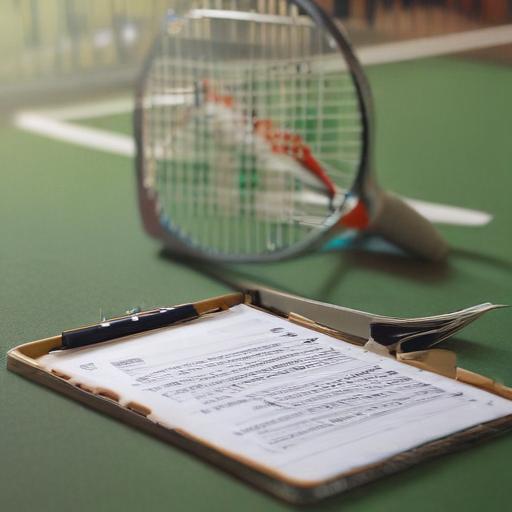Stefanos Tsitsipas has closed the chapter on his brief partnership with Goran Ivanisevic, praising the former Wimbledon champion’s knowledge while saying the pairing ultimately lacked a crucial element in the coach-player relationship.
Tsitsipas hired Ivanisevic in a bid to sharpen his grass-court game but the collaboration lasted only through the grass season. The world No. 29 managed one victory while working with the Croat—beating Luciano Darderi in Halle—but lost to Alex Michelsen in Halle and retired in the opening round at Wimbledon against Valentin Royer. After the split, Tsitsipas returned Apostolos Tsitsipas to his coaching team.
Speaking at his Cincinnati Open press conference, Tsitsipas described Ivanisevic as “a great coach” and “a fantastic person,” acknowledging the veteran’s deep experience and game knowledge. But he said the time with Ivanisevic clarified what was missing in his setup and prompted him to bring his father back.
“He made me understand that it’s time to bring Apostolos back,” Tsitsipas said, adding that working with Ivanisevic was the turning point in that realization. Tsitsipas also referenced a broader need for the right personal dynamic with a coach, saying a “big element” was absent from their relationship.
Since reuniting with his father, Tsitsipas said the pair have already changed how they work together. After tensions led to their separation last year, Tsitsipas believes the time apart taught his father what he had been missing. “We don’t yell at each other like we used to,” he said. “He’s learned to maybe put me first with his ideas and beliefs. I think he values player feedback a lot more than he did back then.” Tsitsipas called on his father to remain a listener, not just a speaker, and expressed hope they will continue together for the rest of his career.
Tsitsipas arrived in Cincinnati after losing in Toronto to Christopher O’Connell (4-6, 6-4, 2-6). He will open his Cincinnati campaign against Fabian Marozsan.
Summary
– Tsitsipas and Ivanisevic split after a short partnership that produced one win and two losses on the grass.
– Tsitsipas praised Ivanisevic’s coaching credentials but said the collaboration revealed missing elements in their relationship.
– Apostolos Tsitsipas has been rehired; Stefanos says their dynamic has improved and he hopes to continue with his father as coach.
– Tsitsipas lost in Toronto and will begin Cincinnati against Fabian Marozsan.
Additional comments and value-adds for publication
– Suggested headline: “Tsitsipas Praises Ivanisevic but Rehires Father After Short-Lived Partnership”
– Suggested deck/summary line: “Brief stint with Goran Ivanisevic helped Stefanos Tsitsipas realize the importance of the right coach-player fit; Apostolos Tsitsipas returns to the team.”
– Suggested tags/keywords: Stefanos Tsitsipas, Goran Ivanisevic, Apostolos Tsitsipas, Cincinnati Open, Wimbledon, coaching changes, tennis
– Image suggestion: a photo of Tsitsipas at his Cincinnati press conference or of him with his father on the practice court.
– Context note: Coaching changes often reflect more than tactical adjustments—player-coach chemistry, communication style and off-court trust can be as decisive as technical expertise. Tsitsipas’s comments underline how a high-profile coach appointment, even with clear credentials, may not deliver if the relationship lacks the right fit.
– SEO meta description suggestion (max ~155 characters): “Stefanos Tsitsipas calls Goran Ivanisevic ‘a great coach’ but says their short partnership exposed what’s missing, prompting his father Apostolos’ return.”
Hopeful spin
– The episode shows Tsitsipas prioritizing long-term stability and personal fit over name recognition. Reuniting with his father—now reportedly a better listener—could restore cohesion and give Tsitsipas a steadier platform to regain form heading into the hard-court swing.
Logical explanation
– Bringing in a high-profile grass specialist like Ivanisevic made sense given Tsitsipas’s struggles on grass, but the results suggest that technical input alone wasn’t enough. Tsitsipas’s emphasis on communication and player feedback highlights that coaching success depends on both tactical know-how and interpersonal alignment.
